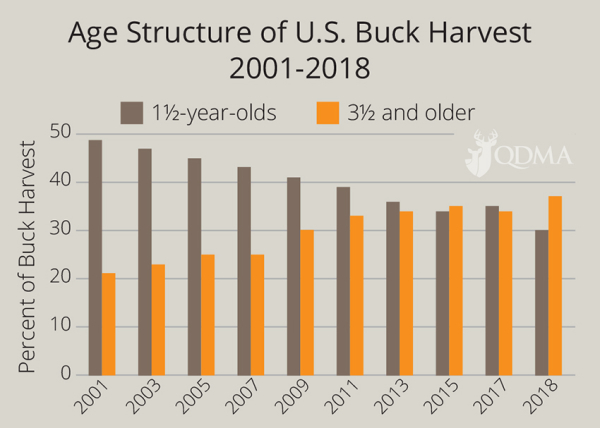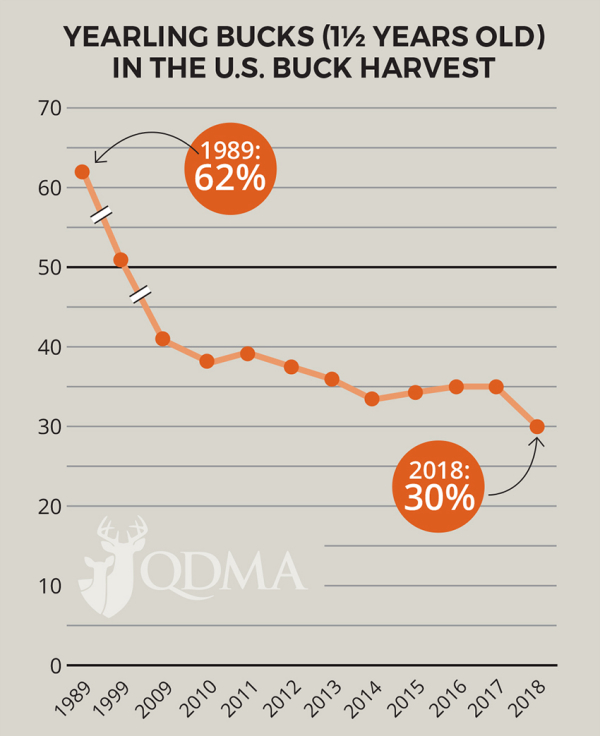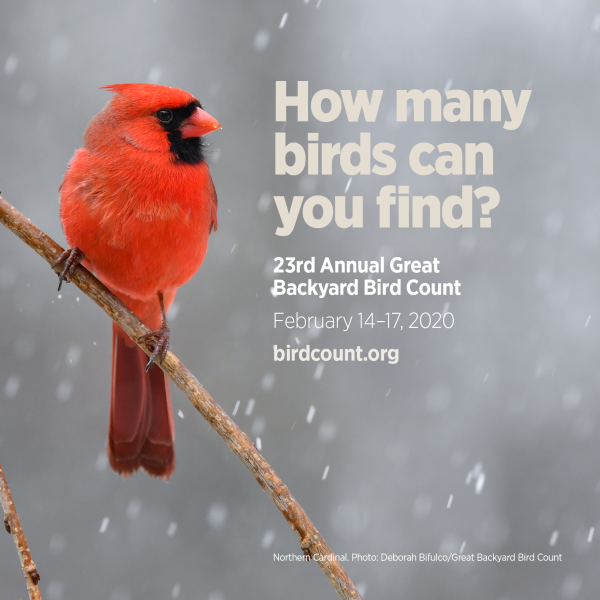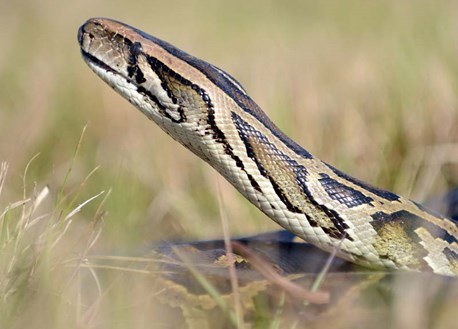By Glen Wunderlich
Michigan’s Isle Royale National Park has reached a “tipping point” with the wolf to moose population according to references in Michigan House Bill 154 that proposes to develop a system of hunting to manage the dilemma. Such an idea is nothing new and neither is the conundrum of the delicate balance of nature and man on the island.
At its August 1923 meeting held at Rock Harbor Lodge, the Citizens’ Committee of Isle Royale discussed and expressed several grave concerns including the sale of 80,000 acres to an “Indiana corporation seeking pulp wood”; that the Michigan State legislature had recently defeated a proposal to “acquire the entire island for a state park”; and fears over a proposal to declare an open hunting season “for killing moose and caribou in the island, with the argument that there is insufficient feed for the subsistence of the growing herds and that large numbers of these animals must otherwise perish.” It is clear from the rest of the document that the organization viewed hunting as the threat and did not see a looming food crisis for the moose population as credible.
It certainly is credible today! In year 2010 a total of 19 wolves roamed the island along with 510 moose. In less than a decade, the moose numbers have quadrupled to an astounding total of 2060 with 14 wolves and more to be added.
HR 154 reads in part as follows:
“A resolution to encourage the National Park Service to establish a moose tag lottery hunt to assist in controlling the moose population on Isle Royale.
Whereas, Isle Royale National Park in Michigan is home to an exploding population of moose with an average growth rate greater than 19 percent annually; and
Whereas, Issues with the moose-to-wolf ratio over the last several decades have now reached a tipping point, with a current population of only 15 wolves on Isle Royale as of March 2019. Wolves are the only natural predator of moose on Isle Royale but the diminishing wolf population has not contained the moose population in recent years; and
Whereas, The increased and unsustainable moose population on Isle Royale has created an ongoing ecological dilemma as the moose feed on the park’s balsam fir trees and other vegetation. The rapidly expanding moose herd will devastate these slow-growing trees and could eliminate them from Isle Royale; and
Whereas, Previous attempts to introduce additional wolves to balance out the moose-to-wolf ratio have not resulted in a long-term sustainable balance of predator and prey; and
Whereas, A moose tag lottery hunt will benefit Isle Royale National Park and help restore ecological balance among moose, wolves, and vegetation. Approximately forty national parks currently allow some form of hunting as part of their wildlife management practices… “
Interestingly, in March 2019 I made just such a proposal on these pages: Hunters could apply for hunting tags through a lottery system with the cost of applications and actual license fees going to the effort’s expense similar to what Michigan does with its elk population. Unlike reliance on wolves, the number of moose taken could be strictly regulated. Plus, hunters could be required to take certain animals to balance the herd’s composition according to sound management principles. Wolves, on the other hand, are indiscriminate and have no off button.
While it remains unclear if the National Park Service will allow hunting as part of a broad management plan, something different needs to happen or we will face this dilemma until time to act has run out.









